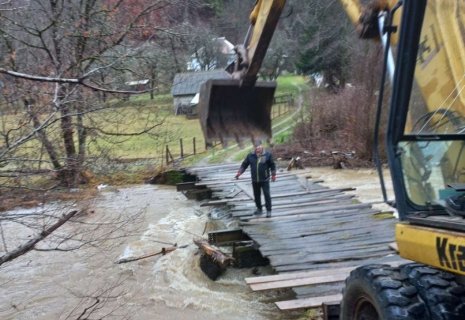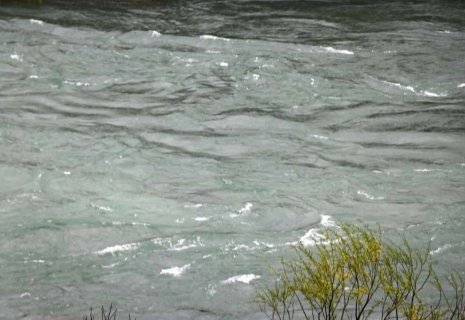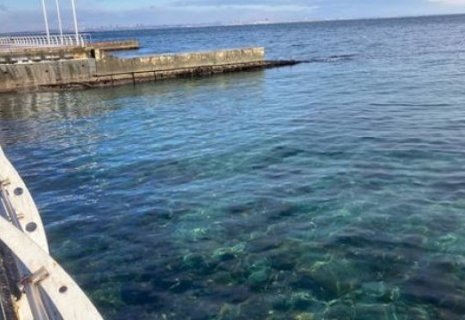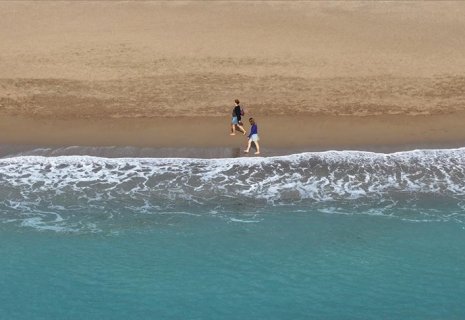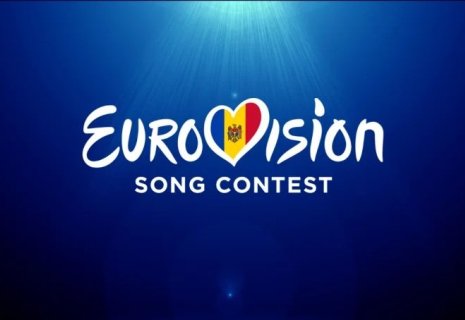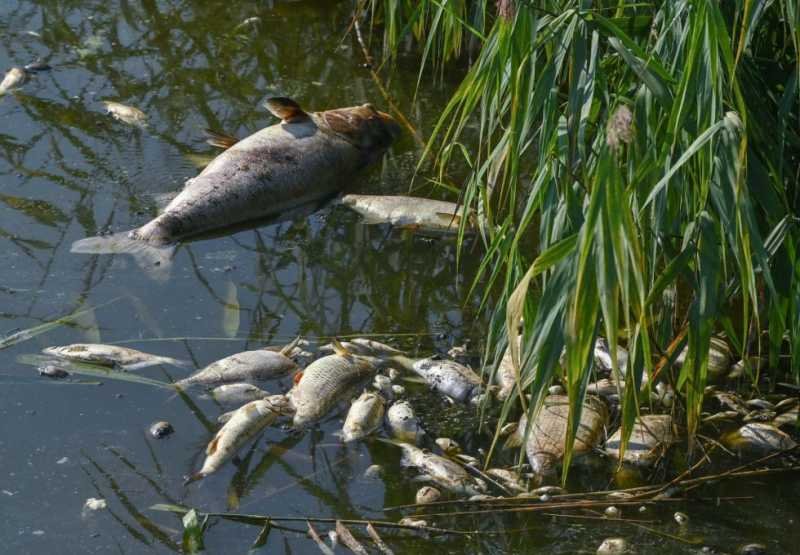
EU Faces Water Challenges: Pollution, Scarcity, and Flooding
Water is essential, yet climate change, pollution, and overuse are straining Europe's water systems. In response, the EU has introduced various policies, including its upcoming Water Resilience Strategy, to assess and improve water management across the continent, CE Report quotes Agerpres
This week, the European Commission released reports on the implementation of the Water Framework Directive, the Floods Directive, and the Marine Strategy Framework Directive. The findings highlight both progress and ongoing challenges. While monitoring and legislation enforcement have improved, only 39% of surface water bodies have good ecological status, and just 26.8% meet good chemical status due to pollutants like mercury and PFAS. Water scarcity, pollution, and increasing flood risks remain critical concerns.
Regulatory Challenges and Member States' Compliance
EU countries must meet pollution reduction and wastewater treatment targets by 2027, but the Commission warns that achieving these goals remains unlikely. Structured dialogues with member states are planned to bridge the implementation gap.
Belgium, for instance, faces severe pollution from agriculture and industry, with only 27.4% of its surface waters in good ecological status. Meanwhile, Portugal and six other nations may face legal action for failing to submit updated water management plans.
Flooding is another growing threat. Despite improved flood risk management, Brussels urges member states to enhance their planning and invest more in prevention. Countries like Belgium, Germany, and Italy have suffered devastating floods in recent years, underscoring the urgency of action.
Marine and Wastewater Concerns
The Marine Strategy Framework Directive (MSFD) aims to protect EU seas, but progress is slow. Measures to combat marine litter and invasive species are in place, yet efforts to address biodiversity loss and pollution remain insufficient.
Additionally, the revised Urban Wastewater Treatment Directive, effective since January 1, mandates stricter treatment standards to safeguard health and the environment. By 2045, wastewater treatment must be energy-neutral and reduce greenhouse gas emissions. However, compliance is costly—Spain, Italy, and Bulgaria struggle to meet current standards, with required investments in the billions.
A key provision of the new directive is the 'polluter pays' principle, targeting pharmaceutical and cosmetic industries for micropollutant elimination. While companies acknowledge their role, they argue that costs are underestimated and should be shared across industries.
With water crises intensifying, the EU faces significant hurdles in securing sustainable water management. Whether member states can meet ambitious targets remains uncertain, but stricter enforcement and investment will be key to protecting Europe's water resources.

